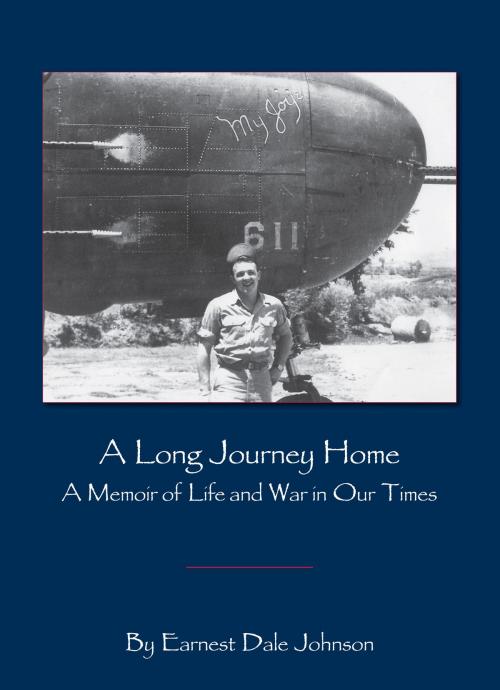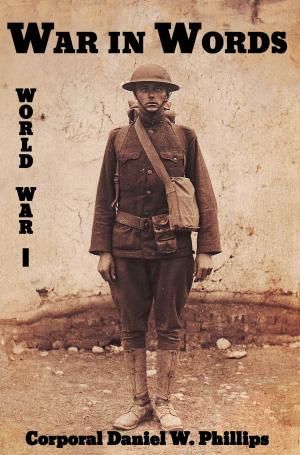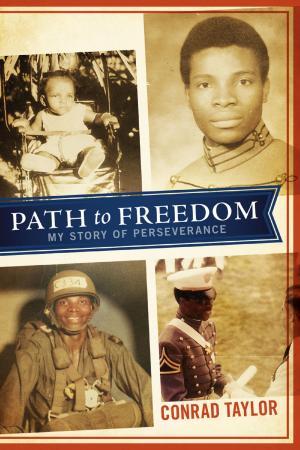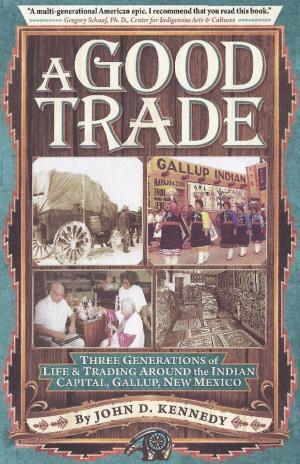| Author: | Earnest Dale Johnson | ISBN: | 9781624883071 |
| Publisher: | BookBaby | Publication: | October 1, 2012 |
| Imprint: | Language: | English |
| Author: | Earnest Dale Johnson |
| ISBN: | 9781624883071 |
| Publisher: | BookBaby |
| Publication: | October 1, 2012 |
| Imprint: | |
| Language: | English |
After returning from China at the end of World War II in 1945, the author, a Flying Tigers tail gunner, wondered what this war with Japan was all about. He learned that all of the Far Eastern wars had a common beginning: the Opium Wars with China. They began in the 1830s with the British shipping large quantities of opium into that decadent country for the purpose of opening up China to foreign trade. The Opium Wars were followed by the Chinese-Japanese War of 1894-95, the Russian-Japanese War in 1904-05, World War I, World War II, the Korean War in 1950-53 and the Vietnam War from 1953 to 1975. Johnson's purpose in writing this story, which includes his own memories of meeting Ho Chi Minh, John Birch and other characters, is to further understanding of how the United States became involved in these wars and how they affected Americans and the nation.
After returning from China at the end of World War II in 1945, the author, a Flying Tigers tail gunner, wondered what this war with Japan was all about. He learned that all of the Far Eastern wars had a common beginning: the Opium Wars with China. They began in the 1830s with the British shipping large quantities of opium into that decadent country for the purpose of opening up China to foreign trade. The Opium Wars were followed by the Chinese-Japanese War of 1894-95, the Russian-Japanese War in 1904-05, World War I, World War II, the Korean War in 1950-53 and the Vietnam War from 1953 to 1975. Johnson's purpose in writing this story, which includes his own memories of meeting Ho Chi Minh, John Birch and other characters, is to further understanding of how the United States became involved in these wars and how they affected Americans and the nation.















